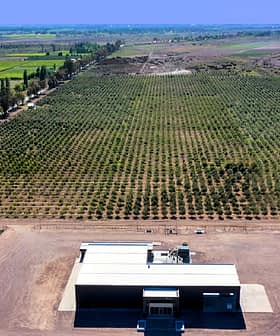Some sectors of the Italian olive oil industry are reacting with anger and dismay at their Tunisian counterparts being given extra quotas to supply the European Union.
The president of Italian organization Confagricoltura Taranto, Donato Rossi, commented following last week’s European Commission announcement that promised extra support to help the Tunisian economy recover after the beach massacre terrorist attack in June.
Under the proposal, which is yet to be ratified by European Parliament, Tunisia would be permitted to export an additional 35,000 tons of duty-free tariff olive oil to EU member states, on top of the 57,600 tons already established under the EU-Tunisia Association Agreement.
Copacogeca olive oil working party warns prices low & good harvest:why open up EU to low quality tunisian imports pic.twitter.com/puH01rmKZP
— COPA-COGECA (@COPACOGECA) November 18, 2015
If approved the extra quantities would be allowed throughout 2016.
This extra quota will be damaging to the Italian sector, according to Rossi who pledges to fight the proposal and block Tunisian competitors from exporting extra volumes.
Making an announcement on Confagricoltura Taranto’s website, he declares the EU proposal is politically motivated and allowing the extra imports of Tunisian olive oil is the latest in a long line of issues that have been battering the Italian agricultural industry as a whole recently.
He cites the Russian import ban, which has been in effect since last summer, as being a ‘punitive embargo’ because of Europe’s support for Ukraine. As well as Italy increasing imports of key commodities such as citrus, from nations outside of the EU such as north African countries.
This is on top of the Xylella fastidiosa outbreak in the Italian olive heartland which has been threatening orchards for some time.
Rossi is calling for the Italian government to do more in situations where agricultural sectors, in this case olive oil, are negatively affected as a result of European Union rules.
He also urges for Italian olive oil producers and exports to be given similar duty concessions in the interests of fair play.








